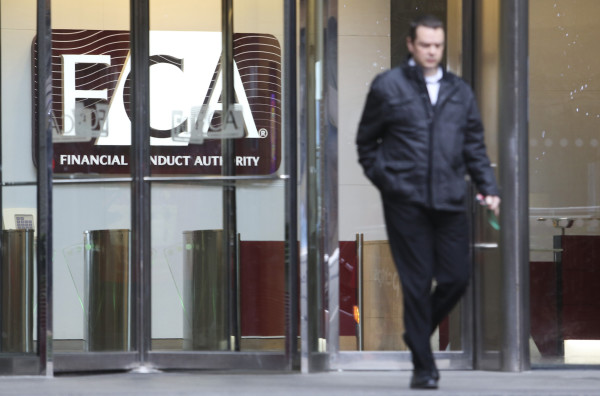

The Financial Conduct Authority (FCA) is considering a ban on advisers charging for pension transfer advice on a contingent basis given what it said is the “potential harm to consumers”.
The watchdog published today (26 March) new rules on pension transfer advice and is seeking views on additional changes, including adviser charging structures.
Contingent charging means a client only pays for the advice if they go ahead with it, which the FCA said raises the risk of a conflict of interest. In the case of pension transfers, the adviser won't get paid unless the pension is transferred, which is likely to mean the client giving up valuable benefits including a lifetime of secure income so may not be in their best interests.
The regulator is also proposing that transfer specialists should have qualifications for advising on investments before they can advise on or check pension transfer advice.
In the consultation paper CP18/7, the FCA said that some firms that advise exclusively on pension transfers have “the purest form of contingent charging model, which is entirely dependent on a proportion of clients transferring”.
The FCA said: “We consider that this model has the greatest potential to incentivise unsuitable advice as such a firm would not be viable if it did not recommend a minimum number of transfers each year.”
However, there are a number of complexities in determining how any ban on contingent charging might work in practice, the watchdog revealed.
For example, if the regulator banned contingent charging for pension transfer advice alone, but not for advice on the destination scheme and investments, there would still be an incentive to recommend a transfer, particularly where one adviser gives both pieces of advice.
This is why the watchdog has considered various combinations of banning contingent charging on the pension transfer advice and/or the associated investment advice and/or implementation charges.
It said: “If we do not ban contingent charging on all three services outlined above, advisers may be able to ‘game’ the system.”
The FCA also said that the different combinations of options would also have different impacts on the precise level at which advice charges would be set.
It added: “We are aware that any form of ban on contingent charging is likely to have implications for consumers’ ability to access advice. It could be in some consumers’ interests to transfer, but they may be disincentivised to seek advice by the immediate high cost of advice.
“Some consumers may not have the available cash to meet the cost of advice, although an inability to meet these costs may be an indication of a low capacity for loss, which might mean that a transfer is inappropriate for them.”
The watchdog is therefore asking respondents if they consider that contingent charging increases the likelihood of unsuitable advice.
If so, these individuals are asked to provide any evidence to support intervening in the way pension transfer advice is charged, or to identify if another approach would be more effective.
The FCA is also proposing that pension advisers must hold the Level 4 post-Retail Distribution Review qualifications for advising on investments - as well as a specific pension transfer qualification - before they can advise on or check pension transfer advice.
This is due to the fact that pension transfer advice specialists have to consider the receiving scheme and its investments, many respondents to the FCA consultation suggested these individuals should also be qualified as an investment adviser.
At present, qualification providers typically offer the pension transfer specialist qualification as a Level 6 qualification.
This is because advising on a pension transfer is generally considered more complex than advising on investments, the FCA said.
maria.espadinha@ft.com



